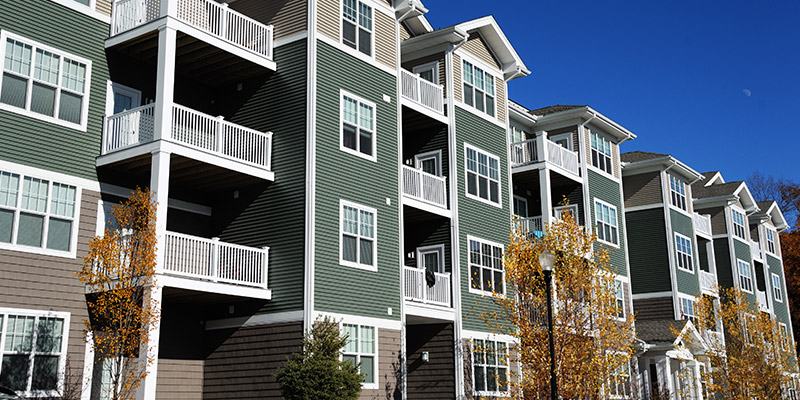Housing Affordability and Supply
is our National Crisis
America’s housing crisis affects homeowners and renters across all income levels in cities nationwide. With a federalized, financialized, and fossilized system, states, localities, and private actors have taken the initiative with new housing development entities, housing trust funds, liberalized land use, permit expediting, and transit-oriented development. Housing providers, tenants, developers, and policy-makers are innovating new solutions to solve our toughest housing challenges. The National Housing Crisis Task Force unites these innovators, producing a policy agenda and practitioner toolkit to preserve and build the housing we need.

Since 2019, home prices in the United States have jumped by an average of 47%

Since 2012, the number of rental units available for less than $1K/month has fallen by 24%

Since 2015, the number of unhoused people staying outside of shelters has increased by 48%
Joining together to identify and catalyze new solutions
Led by a bipartisan group of co-chairs, including state and local government executives, the National Housing Crisis Task Force comprises leading practitioners from public, private, civic, and philanthropic sectors. Supported by a Mayors’ Implementation Committee – a “strike force” of city leaders experimenting, ground testing, and affirming new policy and practice in real-time, a Research & Technical Advisory Committee, and Ex Officio leaders from past administrations, the Task Force will generate a Housing Policy Innovations report, an Innovative Housing Practice Toolkit, and a comprehensive policy agenda for local, state, and federal policymakers. These outputs will be paired with an ambitious implementation plan, including four housing implementation cohorts and the Mayors’ Implementation Committee.



